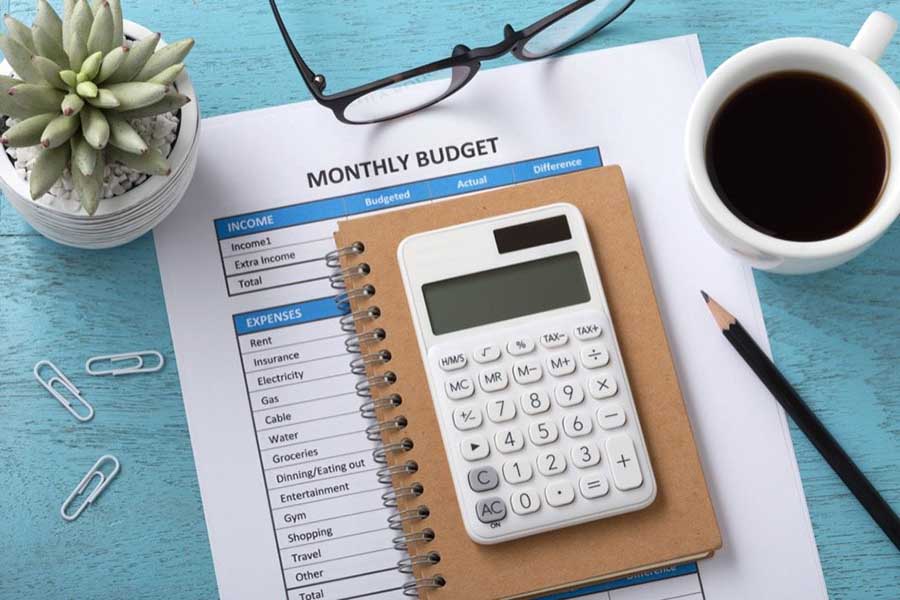
As is the case with just about every aspect of both civil and criminal matters, a great deal incorrect information abounds about bankruptcy law all over the Internet. So here is a short list of some important things to remember to both do and not do if you are contemplating filing Chapter 7 in order to achieve relief from your personal debts.
You are required to comply with all requests of the U.S. Trustee Office (a division of the U.S. Department of Justice) and your Chapter 7 bankruptcy trustee.
If you are detailed and candid, your chapter 7 bankruptcy will usually take four to six months to be completed. Bankruptcy debtors with more complicated asset profiles (i.e. the ownership of an active business) or contentious debts (i.e. allegations of fraud) can take substantially longer
Within 180 days prior to your filing bankruptcy, you are required to take a credit counseling course from an approved non‑profit budget and credit counseling agency under the Bankruptcy Code. There is also a second course which is required to be taken after you file the bankruptcy but before you will receive your bankruptcy discharge of debts.
This second course is titled: Personal Financial Management Education. Please ask us and we will send you a list of credit counseling agencies which allow either online or in‑person attendance. Fees for these courses are minimal but their completion is required by law.
If you are overextended with credit balances and you have charge‑offs or settlements, your credit will usually repair faster with a bankruptcy. It is specific to your case, so please ask us. A typical bankruptcy will:
Please call us to schedule your appointment for a Free Bankruptcy Consultation at one of our two conveniently located bankruptcy law offices either in Fort Lauderdale or Gainesville.